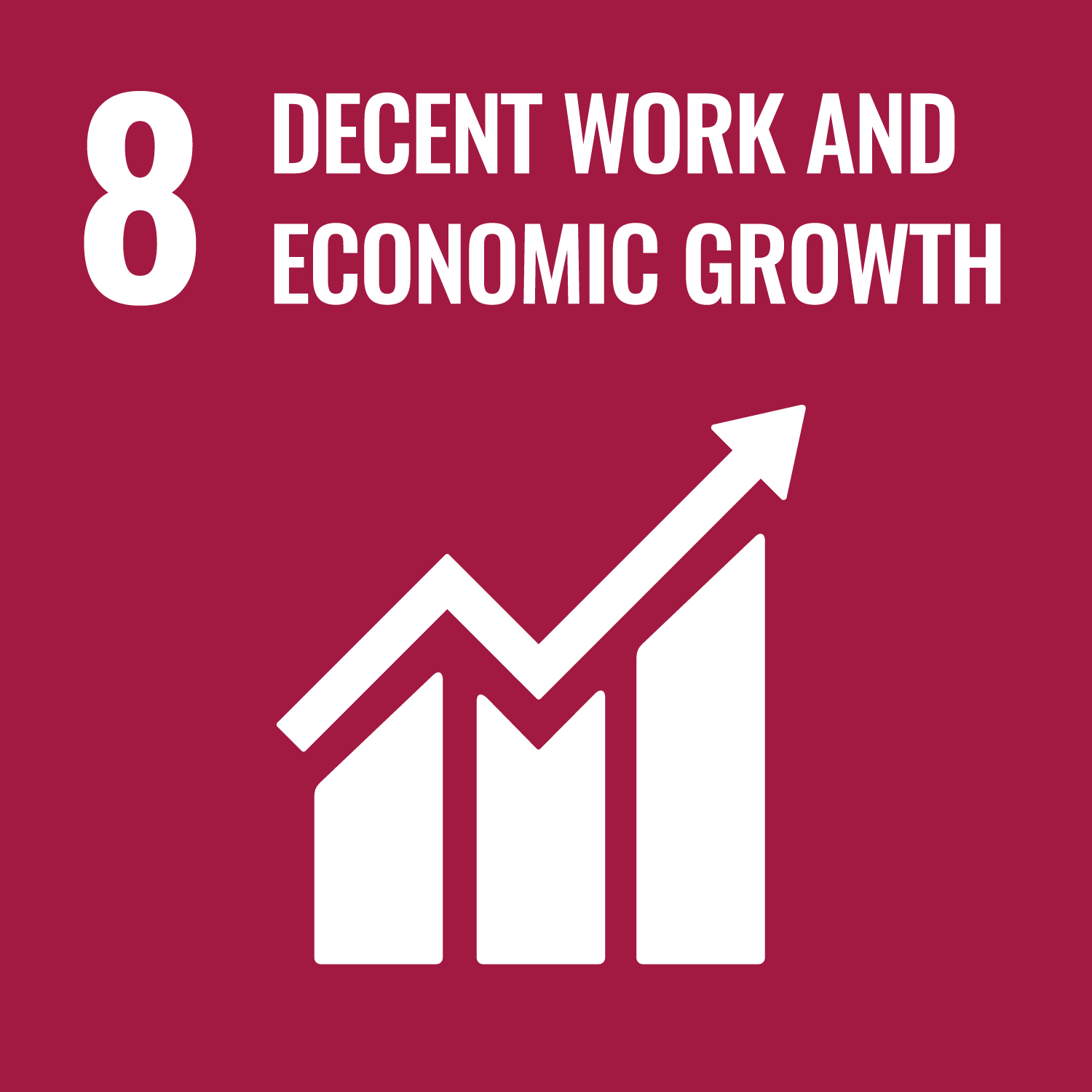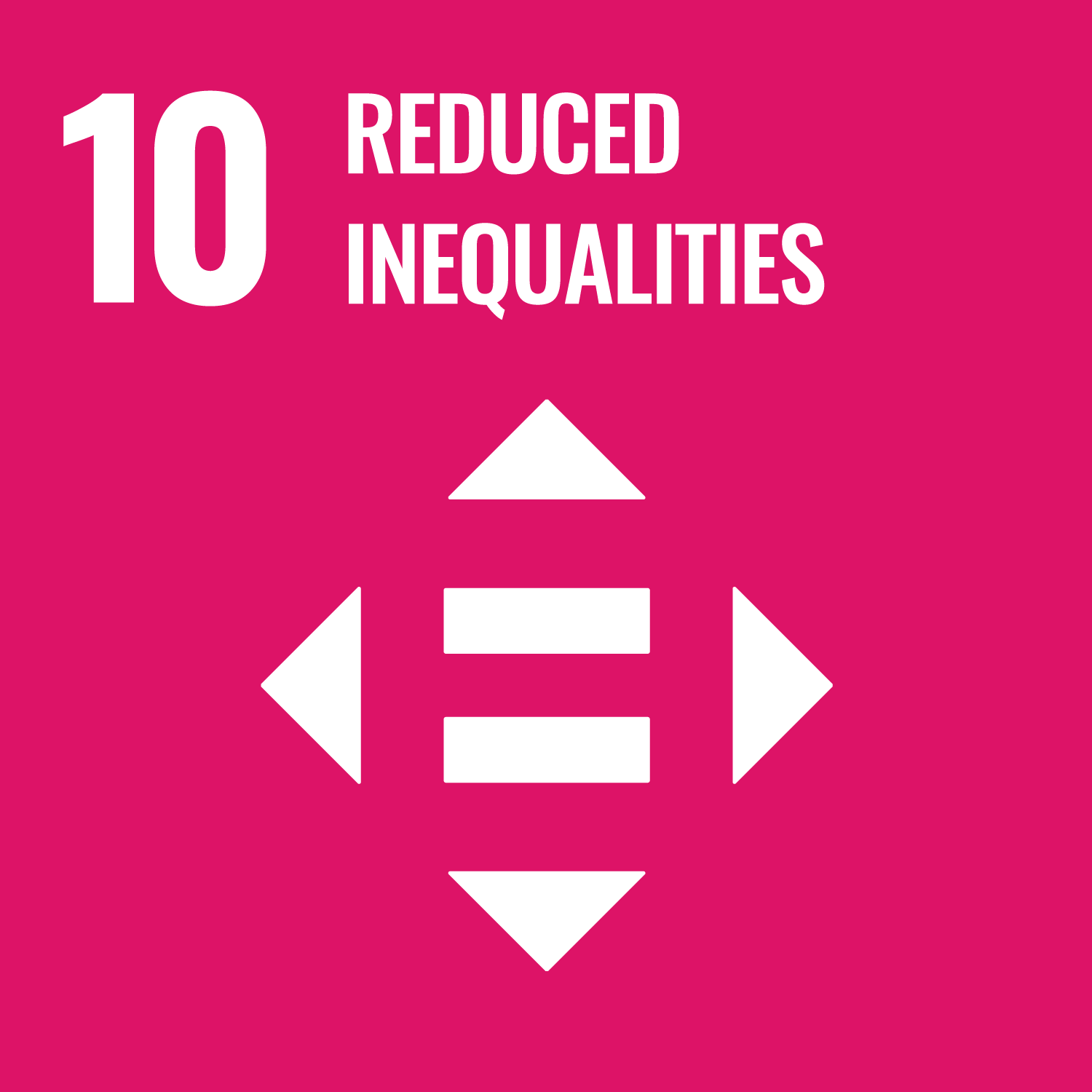[error in script]
Abstract
Models that represent the economy, society, and environment are critical macroeconomic policy tools. However, economic output as measured by Gross Domestic Product (GDP) is increasingly being seen as an unreliable and undesirable economic indicator and policy goal. Instead, multiple indicators of environmental impacts and social outcomes are needed to make decisions about sustainable development. Drawing on the Doughnut of social and planetary boundaries, and the Sustainable Development Goals, we analyse 50 models to assess the state of the art in modelling the environment, society, and economy. We categorise models according to their economic foundation and modelling approach, assess their coverage of 15 environmental and 21 social indicators, and identify feedbacks between different model parts. We further construct a targeted sample of 15 models that represents the diversity in modelling approaches and indicator coverage, and use this sample to investigate how environmental and social indicators are linked to macroeconomic drivers. For the environment, indicator coverage is best for climate change, energy use, and land conversion. Within current models, environmental impact is largely driven by GDP and agricultural production. For society, coverage is best for jobs, income (wages and inequality), and productivity. Within current models, social outcomes are largely driven by income per capita, government spending, and governance. Models rarely contain feedbacks from the environment and society to the economy, and few include any biophysical limits. The current focus on monetary flows limits understanding of the interconnections between environmental, social, and economic systems. We argue that modellers should rely less on economic variables as determinants of social and environmental outcomes. Specific provisioning systems could be modelled in more detail to allow models to explore growth-agnostic ways of achieving a good life for all within environmental limits.
Metadata
| Item Type: | Article |
|---|---|
| Authors/Creators: |
|
| Copyright, Publisher and Additional Information: | © 2024 The Authors. This is an open access article under the terms of the Creative Commons Attribution License (CC-BY 4.0), which permits unrestricted use, distribution and reproduction in any medium, provided the original work is properly cited. |
| Keywords: | Doughnut economics, Sustainable Development Goals, Planetary boundaries, Macroeconomic modelling, Ecological macroeconomics, Post-growth |
| Dates: |
|
| Institution: | The University of Leeds |
| Academic Units: | The University of Leeds > Faculty of Environment (Leeds) > School of Earth and Environment (Leeds) |
| Depositing User: | Symplectic Publications |
| Date Deposited: | 01 Jul 2025 12:50 |
| Last Modified: | 01 Jul 2025 12:50 |
| Status: | Published |
| Publisher: | Elsevier |
| Identification Number: | 10.1016/j.jclepro.2024.143777 |
| Related URLs: | |
| Sustainable Development Goals: | |
| Open Archives Initiative ID (OAI ID): | oai:eprints.whiterose.ac.uk:228429 |



 CORE (COnnecting REpositories)
CORE (COnnecting REpositories) CORE (COnnecting REpositories)
CORE (COnnecting REpositories)